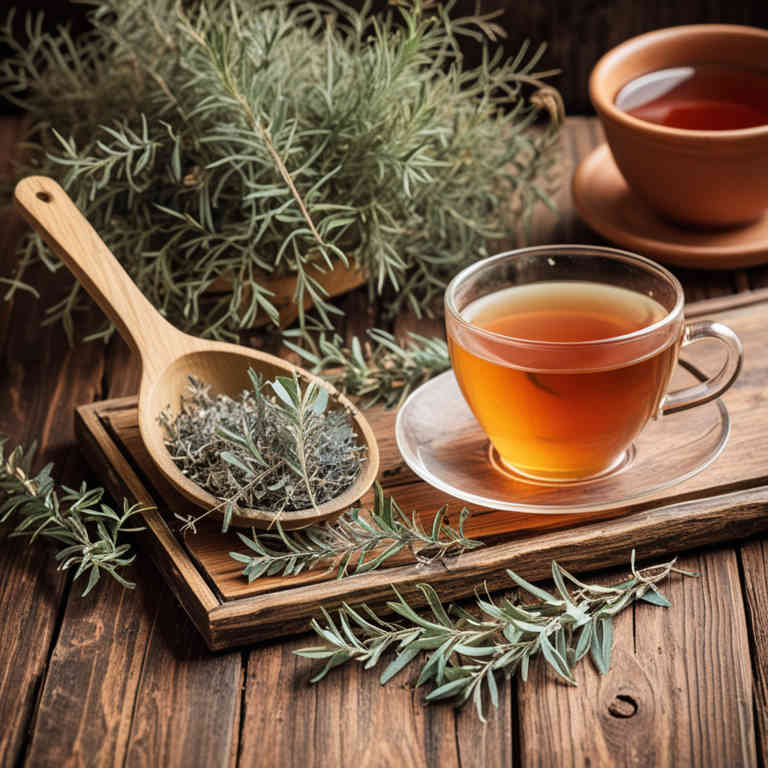Melaleuca alternifolia tea for medicinal use

Melaleuca alternifolia tea is a herbal preparation made from the leaves of the tea tree, which is native to Australia.
It is known for its antimicrobial and anti-inflammatory properties, making it a popular choice in herbal medicine. This tea is often used to support respiratory health, soothe sore throats, and promote skin healing. It can also be applied topically to treat minor wounds or skin infections.
In herbalism, it is valued for its natural cleansing and healing benefits.
Uses
Melaleuca alternifolia tea has been used to treat a variety of ailments for centuries, particularly in traditional Aboriginal Australian medicine.
Historically, the tea was used to promote wound healing, reduce inflammation, and combat infections due to its antimicrobial properties. In modern times, it is widely recognized for its ability to support respiratory health and alleviate symptoms of colds and coughs. It is also commonly used as a natural remedy for skin conditions and as a complementary therapy in holistic health practices.
Today, it remains popular for its soothing effects and is often consumed for its calming and detoxifying benefits.
Benefits
Melaleuca alternifolia tea has health benefits such as antibacterial, anti-inflammatory, and immune-boosting properties.
It is commonly used to support respiratory health and alleviate symptoms of colds and sore throats. The tea may also help in reducing skin infections due to its natural antimicrobial compounds. Additionally, it is believed to promote digestive health and aid in detoxification processes.
Regular consumption of this tea may contribute to overall wellness and support the body's natural defenses.
Constituents
Melaleuca alternifolia tea active constituents include terpenes, particularly cineole, and phenolic compounds such as flavonoids and tannins.
These compounds contribute to the tea's antimicrobial, anti-inflammatory, and antioxidant properties. Terpenes like cineole help in reducing respiratory congestion and supporting immune function. Flavonoids and tannins provide additional antioxidant benefits that may support overall health.
This herbal preparation is commonly used to promote respiratory wellness and as a natural remedy for minor ailments.
Preparation
To make Melaleuca alternifolia tea, start by boiling fresh water in a pot or kettle.
Once the water is boiling, add 1 to 2 teaspoons of dried Melaleuca alternifolia leaves or a tea bag to the water. Let the tea steep for 5 to 10 minutes, depending on your desired strength. Strain the tea into a cup and add a small amount of honey or lemon if desired for flavor.
This herbal tea is known for its antiseptic properties and is often used to support respiratory health and immune function.
Side Effects
Melaleuca alternifolia tea may lead to gastrointestinal discomfort, including nausea, vomiting, and diarrhea, especially when consumed in large quantities.
It can also cause allergic reactions in individuals sensitive to the plant's compounds. Prolonged use might result in liver damage due to the presence of certain terpenoids. Additionally, it may interact with medications, such as blood thinners, increasing the risk of bleeding.
It is important to consult a healthcare professional before using this tea, particularly for individuals with pre-existing health conditions.